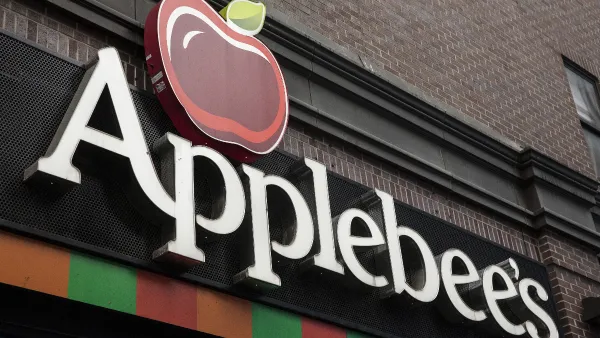Dive Brief:
- McDonald's claims to be 33% cage-free at this point of its cage-free egg commitment, which is to source 100% cage-free eggs by 2025. This translates to more than 726 million cage-free eggs supplied to the McDonald's U.S. system this year, according to the company.
- The company says it buys around 2 billion eggs a year in the U.S., or close to 2% of the nation's annual production, according to Bloomberg. A dozen cage-free eggs cost 81 cents more than conventional eggs — a premium of more than 50% — but that gap is expected to narrow as more suppliers adopt cage-free farms.
- About 75% of respondents to a 2018 survey conducted for the National Chicken Council reported they were concerned about how poultry is raised.
Dive Insight:
Just a decade ago, it may have sounded silly to build what one McDonald’s farmer calls “aviary jungle gyms” for chickens, but consumer sentiment has shifted significantly on this issue, as illustrated by the swift progress that has been made across the industry. Simply put, consumers — especially younger ones — prefer brands that do good, and that definition of “good” includes animal welfare.
According to the NCC's report, about three-quarters of survey participants said they were concerned about how hens are bred to maximize meat production. Further, animal welfare frequently tops the list of consumers’ concerns, according to a report from the Center for Food Integrity.
The challenge, however, is that it’s just not that easy to transition a system over to cage-free. In fact, Burger King had to push back its initial 2017 goal to 2025. In its release, McDonald’s spotlights one of its farmers who admitted he didn’t know if they’d be able to overcome the challenges of fundamentally shifting the way they did business in such a short amount of time. The switch requires new equipment and facilities that cost at least double the amount of a traditional farm.
But as more companies make this commitment, those costs should continue to come down. In the restaurant space alone, Starbucks, Taco Bell, Dunkin’ Donuts, Wendy’s, Panera and more made cage-free pledges around the same time as McDonald’s.
As recently as 2017, the cost of cage-free eggs was double that of regular eggs, but the prices are narrowing and analysts predict cage-free costs to continue to drop because of scale, according to Bloomberg. While other companies make progress on this issue, it is the scale of McDonald’s that is driving the most progress.
But with this ripple effect and the overall increased demand for cage-free eggs in general comes another challenge — supply. USDA figures last year showed that there were just over 40 million cage-free hens producing an estimated 11.2 billion eggs a year. According to the United Egg Producers, to meet the combined demand of all companies — including restaurants, grocery stores, manufacturers, etc. — it would take 225 million cage-free hens by 2026. Anything short of that could negate any progress made on the cost side.













